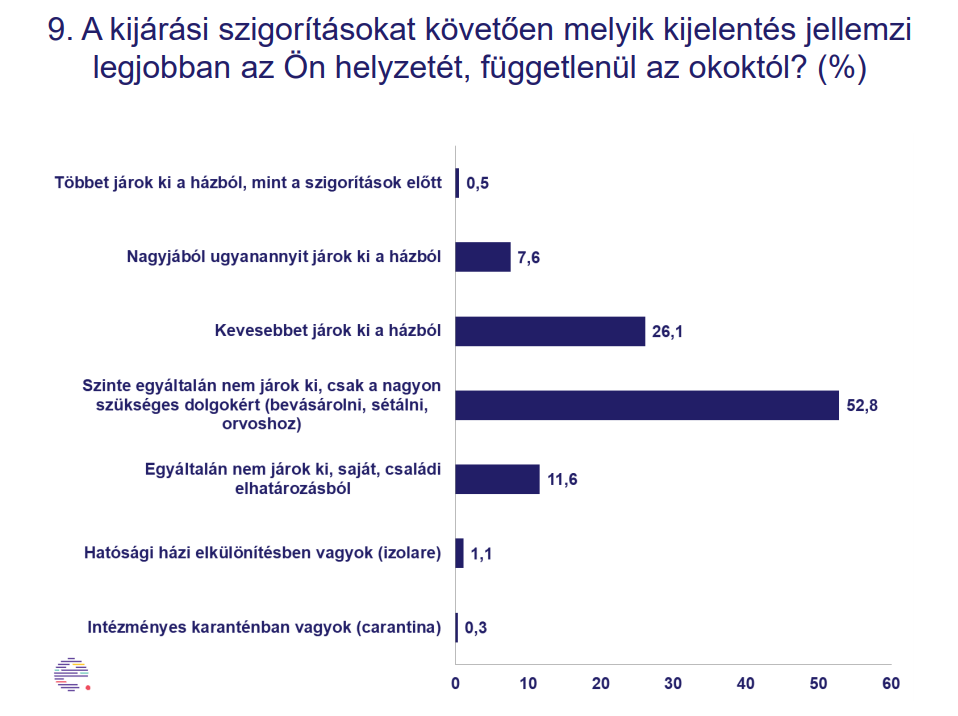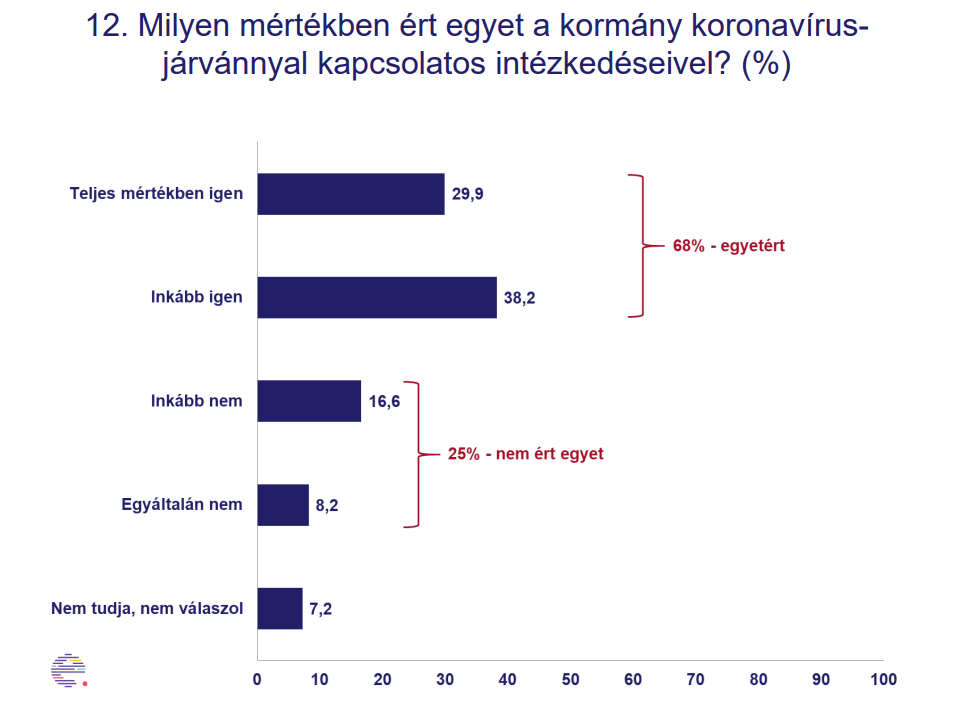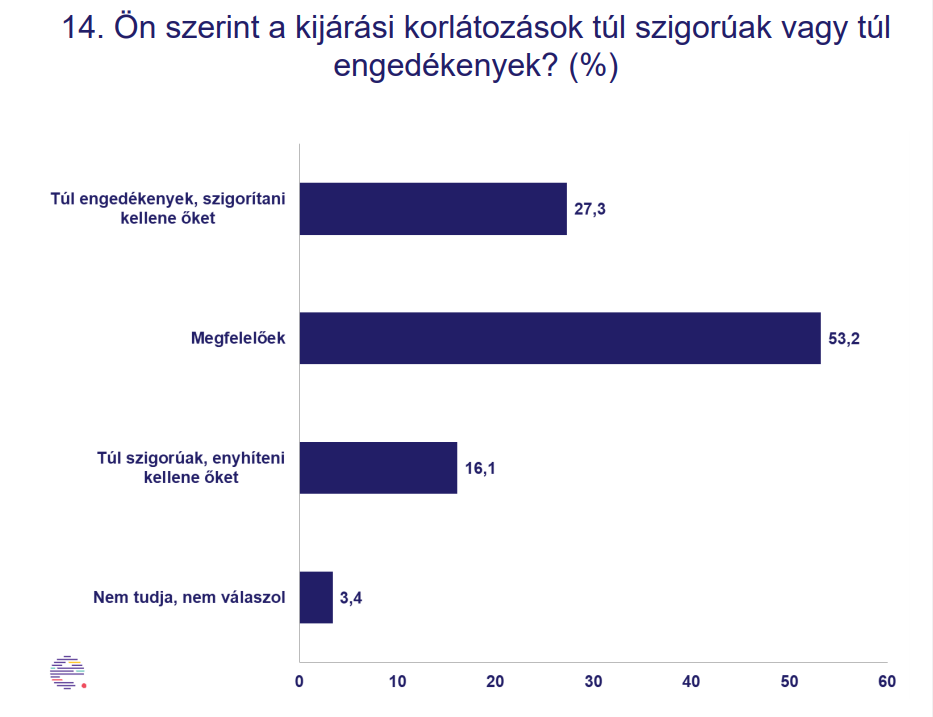The health impact of the COVID-19 epidemic is still very low among Hungarians living in Transylvania, but at the same time their everyday life has changed completely, and the population has adapted to a new way of life, results from the Coronavirus in Transylvania survey show. The research was conducted voluntarily by the Közpolitikai Elemző Központ Egyesület (Association of the Public Policy Analysis Center), which manages Erdélystat, a statistical website on Transylvania, and by the SoDiSo Research polling group. According to the study, the biggest challenges during the pandemic have been financial and psychological, the majority of the respondents agree with the strict safety measures, and two-thirds of them leave their homes less often.
The study focused on four major problems, and the results, which were published several days ago, present two issues: people’s perception of their health and attitudes towards the current safety measures. In the first part of this article, we presented the results regarding the public’s health and the general perception of the virus. In this second part, we focus on the movement restrictions and attitudes about social distancing.
Two-thirds of the respondents almost never leave their houses: 53 percent leave only for the most essential items, and another 13 percent stay at home all the time – the majority on their own volition, but some due to being quarantined. Only 8 percent of the respondents leave their homes as often as before the safety measures were established. The elderly, pensioners, university and school students, and those with a high level of education and intellectual work have adapted the best to the movement restrictions. Most of those who work in basic services, agriculture, public administration, the majority of the entrepreneurs, and the self-employed continue to work as usual.

According to the survey, the biggest problems during the pandemic are financial and psychological: A decline in household income represents a problem for 27 percent of respondents, while another 28 percent are experiencing anxiety and fear because of the isolation. For almost one-fifth, it is difficult to adapt to the new working conditions, and it’s a problem to do the usual things or to shop. Another 18 percent mentioned the loneliness and absence of social contact, and 16 percent noted the lack of activities. Half of the respondents mentioned some psychological problems, sense of isolation, loneliness, lack of activities, or tension in families.

The strict measures adopted by the government because of the virus were supported by 68 percent of respondents. A majority of supporters are the elderly, those with a high level of education, and those living outside of Szeklerland. Szeklers, men and younger generations criticized the safety measures more, while entrepreneurs and the self-employed agreed the least with the measures, but the majority of them also approved the decisions.
The absolute majority of the respondents (53 percent) finds the curfew adequate, while another 27 percent think stricter measures are necessary, and 16 percent favored relaxing the measures. Those who thought the measures should be tightened included people living in the Partium region, those who were highly educated, and those living on a wage. The relaxation of the measures was a popular opinion among Szeklers, the poorly educated, entrepreneurs and the self-employed.

The study was conducted between April 1-10, with the participation of 7,450 people. The survey was carried out online and via phone.
Title image: The strict measures adopted by the government because of the virus are supported by 68 percent of respondents. Photo: Egészségkalauz.ro